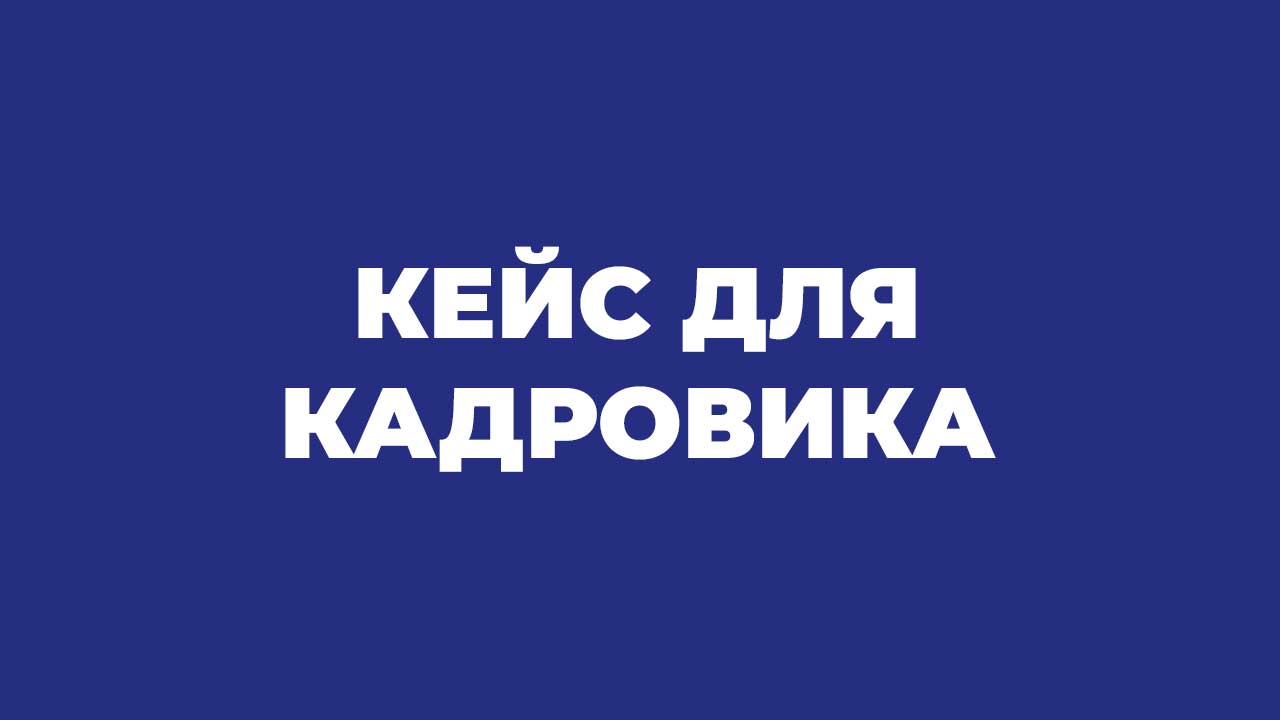active and purposeful military lawyer with more than 4 years of experience
Is it possible to expand the employee's functions and add new duties in the updated job description without additional payment? SITUATION
Work experience of an employee (a person with a disability of the 3rd group) at the enterprise is 30 years: from 2006 to the present day — a leading economist; 1994 - 2006 — 2nd category, 1st category.
In 2018, the employee received an offer to resign after applying to the boss for a promotion.
Is it legal to expand the employee's functions and add new duties in the updated job description without additional payment? Can a manager deny an employee the right to promotion?
DECISION
According to Article 31 of the Labor Code of Ukraine (hereinafter referred to as the Labor Code), the employer has no right to demand from the employee the performance of work that is not stipulated in the employment contract.
You may be interested in reading articles on the following topics: collection of debt from wages recovery of wages through court recovery of wage arrears recovery of wages recovery of wages in court recovery of wages through court
Performance of the work provided for in the employment contract
Although the first part of Article 21 of the Labor Code does not contain an indication of the employee's obligation to perform work in a certain specialty (position), but imposes on the employee the obligation to perform the work provided for in the employment contract, the specialty (position) is taken as the basis for the scope of the employee's duties ), which is determined by the employment contract.
In turn, the employment contract is drawn up with a hiring order, in which, in accordance with standard form No. P-1, approved by Order No. 489 of the State Committee of Statistics of Ukraine dated December 5, 2008, the specialty (position) is indicated.If the name of the specialty (as well as qualifications) or position has already been determined, then the duties of the employee are clarified, they can be much wider than what is normatively established for the relevant specialty (position), or they can be narrowed.
Profession and labor function
According to Article 4-1 of the Labor Code, a profession (type of occupation) is a set of types of labor activities that are close in terms of labor functions, which may require certain professional and/or educational qualifications of the employee, and a labor function is an integrated, mostly autonomous set of labor actions that is determined by the technological process characteristic of it and assumes the presence of certain competencies necessary for their implementation.
The labor function of an employee is described in the Handbook of Qualification Characteristics of Employees' Professions (hereinafter referred to as the DKHP) or in the professional standard, based on which the job description of a particular employee is drawn up.
Expanding the scope of the employee's duties The employer's right to expand the scope of the employee's duties is limited. There are only two options for this:
1) or obtain the employee's consent;
2) or (if there are grounds) use the procedure established by the third part of Article 32 of the Labor Code.
According to the General Provisions of the DKHP, the specified changes or additions can be made only on the basis of an order of the head of the enterprise, institution, organization with the consent of the employee.
Such an order is usually issued in case of redistribution of duties between employees in connection with a reduction in the number of employees, a rational division of labor.
The employee does not agree to changes in the job description
If the employee does not agree with the changes to his job description and refuses to sign its new version, then the employer can solve this problem only when the changes in the job description are connected with changes in the organization of production and work, which in turn lead to a change in "essential conditions his works".
In particular, Article 32 of the Labor Code states that in connection with changes in the organization of production and work, a change in essential working conditions is allowed in the case of continued work in the same specialty, qualification or position.
The employee must be notified of a change in essential working conditions no later than 2 months in advance.
If the previous essential working conditions cannot be preserved, and the employee does not agree to continue working under the new conditions, then the employment contract is terminated in accordance with paragraph 6 of Article 36 of the Labor Code.In accordance with part 2 of article 3 of the Law of Ukraine dated March 15, 2022 No. 2136-ХХ "On the organization of labor relations under martial law" during the period of martial law, the norms of part three of article 32 of the Labor Code and other laws of Ukraine regarding employee notification of changes in essential working conditions do not apply.
That is, employees can be warned about a change in essential working conditions immediately after the employer makes a corresponding decision about such a change, but no later than admission to work with changed working conditions.
Refusal to work under new working conditions entails consequences in the form of dismissal on the basis of paragraph 6 of Article 36 of the Labor Code.
Expert opinion
Thus, your employer has the right to change the employee's job duties in an upward direction by adding new duties not previously provided for in the job description, without a corresponding increase in wages - and this will be considered a significant change in working conditions. But he must warn the employee about this before the start of your work.
In case of refusal to work under new conditions, the dismissal procedure must be initiated. In case of termination of the employment contract on the grounds specified in Clause 6 of Article 41 of the Labor Code, the employee is paid severance pay in the amount of at least the average monthly salary.
In this case, the presence of a disability does not affect the described procedures. Issues of promotion are decided by the head of the unit, taking into account the indicators of professional qualities and the availability of vacancies.

































